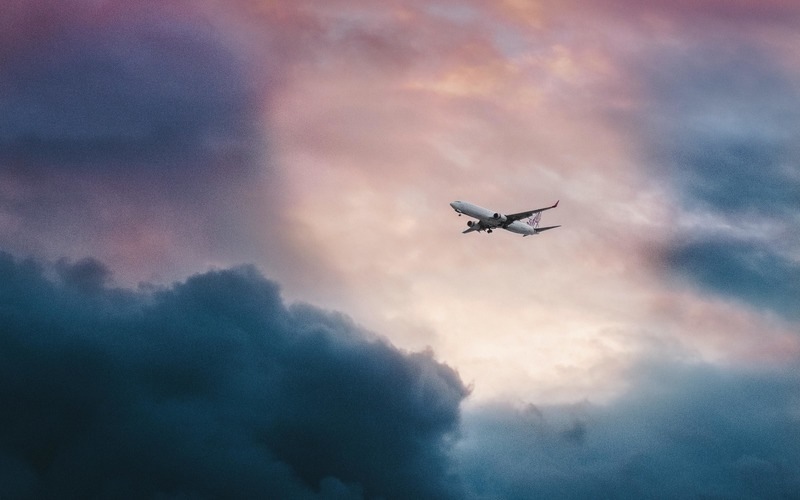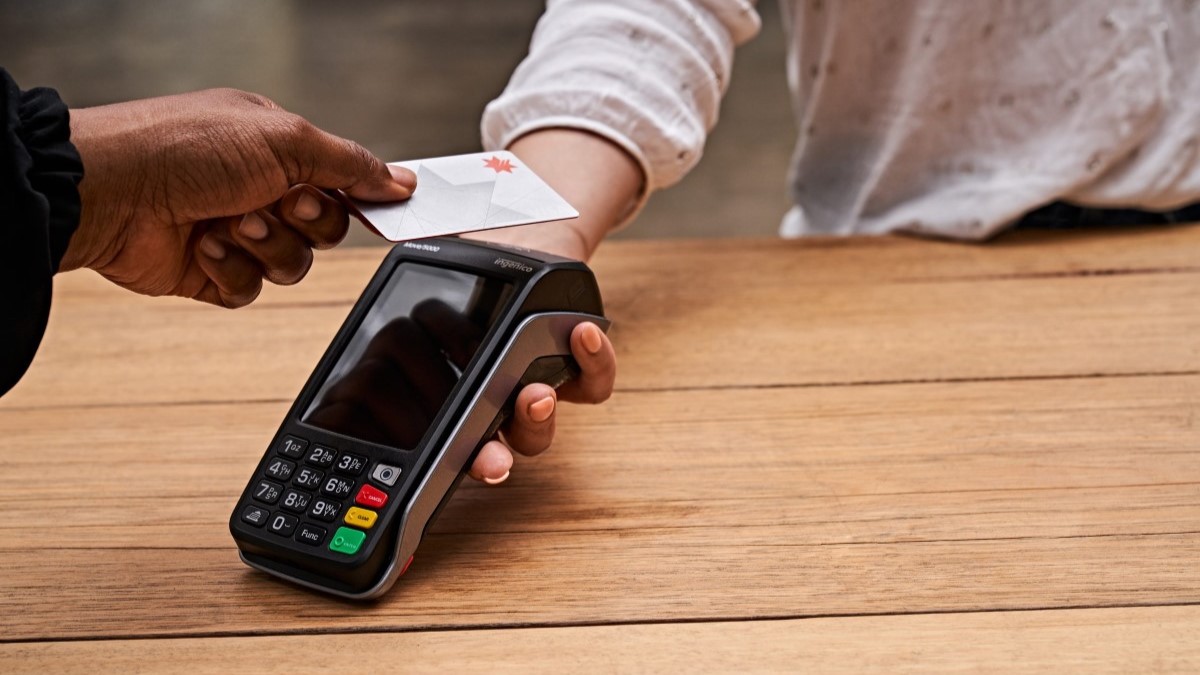Why is travel insurance important?
Travel insurance is a necessary thing to have when travelling, whether it’s overseas or in another part of Australia. Not having it can leave you thousands of dollars out of pocket if something unexpected happens, from cancelled flights to injuries and even acts of terror or natural disasters. For example, the Department of Foreign Affairs and Trade says a medical evacuation from the United States can cost anywhere between $75,000 and $300,000!
A good travel insurance policy would cover you for this cost, but according to Smart Traveller, 9% of Aussie travelers to another country do so without travel insurance. Almost all Baby Boomers get insurance (96%), while only half (51%) of Gen Z do. These percentages increase among people going to a place they’ve already been before.
Smart Traveller found that a lack of understanding and an unwillingness to research a proper policy were among the main reasons for people not taking out travel insurance. Having a credit card that provides complimentary travel insurance can save you the hassle of picking out a policy each time you travel by automatically providing cover for your trips. There are currently dozens of credit cards on the market that have a travel insurance policy attached.
What is credit card travel insurance?
Credit card travel insurance is really quite similar to travel insurance taken out from individual insurers, but instead of obtaining a quote and paying a premium, you already have the policy on your card, pending activation (more on this later). Many financial institutions offer both standalone insurance and credit cards that have insurance as an additional feature.
The credit card issuer usually isn’t the provider of the policy. It will often have an agreement with an insurance underwriter such as Allianz, GBE or IAG.
‘Free’ credit card travel insurance isn’t free
You might see this particular perk marketed as ‘free’ or ‘complimentary’ but in many cases, credit cards that offer travel insurance tend to have higher annual fees and interest rates. While there are definitely some credit cards out there with relatively low annual fees, our research couldn’t find any credit cards without an annual fee that offer travel insurance, although some cards might waive the annual fee at times.
This is really what the travel insurance policy costs, as annual fees on certain cards can exceed $700 at times. and are often around the $300-$400 mark. You can also accrue debt on your credit card spending overseas, which is another way you can end up paying for that ‘free’ insurance.
What other features attract a high annual fee?
In addition to having travel insurance, premium and rewards credit cards can come with extra added perks like:
- Good value rewards programs
- Access to airport lounges
- Concierge services
- Price and purchase protection insurance
- Cover for the excess paid on your rental car hire
Again, these perks aren’t really free unless the card also happens to have a $0 annual fee, which some do for these features. It’ll be up to you to determine if the benefits gained from using such a card justifies the fee attached.
How does credit card travel insurance compare to standard travel insurance?
Price isn’t the only difference between the two – you also have to consider how the policy is activated and the excess you’ll have to pay, as well as what you’re covered for.
Is it cheaper than regular travel insurance premiums?
It can be. Premiums for stand-alone travel insurance policies can be affected by a wide variety of things like:
- Your age
- Destination
- The length of your trip
- The activities you plan to do
- Any pre-existing medical conditions you have
After all this, the premiums charged by the insurer can vary a lot. An older person might pay more than a younger person for the same trip, while someone travelling to a country with high rates of crime and theft is likely to pay more than someone travelling to a safer country.
Given how much premiums vary it’s difficult to give an exact answer to how much a stand-alone travel insurance policy costs. You can quite easily pay between $50 to $100 for a single two-week trip, but depending on your circumstances you could pay several hundreds dollars in insurance for a standalone policy.
So if you’re someone that travels a lot, having a credit card with travel insurance included may justify the cost of the credit card’s annual fee.
How credit card travel insurance is activated
Credit cards with travel insurance can have different requirements for activating the policy. There are generally three common ways of activating the travel insurance on your credit card:
- Paying for your flights with the card
- Paying the minimum amount of your travel costs with the credit card
- Notify your provider: Some credit card providers require the user to notify them when they need the cover activated. You may be able to do this online.
According to ASIC, more than half of all credit cards with travel insurance required the full airfare to be paid on the credit card to activate the policy, while less than half required a minimum spend of between $250 and $1,000 on prepaid travel costs like accommodation.
You should definitely read the Product Disclosure Statement (PDS) and speak to your card provider about what their policy activation requirements are, and if you can include anyone else like your spouse or partner.
Excesses on credit card travel insurance
With general insurance, you can pay less for your monthly or annual premiums by opting to pay a higher excess – the fee paid to the insurer in the event of a claim. Since credit card insurance doesn’t charge premiums, you’ll probably have to pay a higher excess for a claim – sometimes as much as $500.
By comparison, standalone travel insurance usually charges around $100 maximum for a claim.
What’s covered by credit card travel insurance?
Credit card travel insurance covers you for mostly the same things that standalone travel insurance does, including but not limited to:
- International and domestic cruises
- Cover for dental expenses (up to $2,000) and funeral costs (up to unlimited $)
- Lost or stolen baggage (up to $3,000)
- Rental car excess (up to $125,000)
- ‘Extreme’ activities, such as boating, abseiling, hiking, parachuting, bungee jumping and more
- Snow sports like skiing and snowboarding
- Cash (up to $500)
- Cancellation expenses & expenses incurred due to delays (up to unlimited $)
- Overseas medical expenses and emergency evacuation (up to unlimited $)
Credit card travel insurance also has the upper-hand when it comes to price, ease of application and generally not being limited to certain countries.
What’s not covered by credit card travel insurance?
Credit card insurance is not perfect, and it has a number of limitations compared to a standard travel insurance policy. One of the biggest negatives of credit card insurance is the level of cover it offers in general. While the points above say it can offer unlimited cover for overseas medical expenses, a more common limit is around $500,000, whereas standalone policies are more likely to have no limits.
Credit card travel insurance often tends to cap its cover limits at lower levels. Other disadvantages of credit card travel insurance can be:
- It doesn’t last as long. It’s common for credit card insurance to last between three-six months, whereas actual insurers can offer multi-trip policies that can last longer for people who travel more
- Higher excesses
- Your spouse or children might not be covered, only the cardholder, unless you specifically meet certain conditions
- Pre-existing conditions like heart problems might not be covered
- You often can't add extra cover for higher-value items like jewellery
- It often doesn’t offer domestic travel insurance
Which is better: Travel insurance or credit card insurance?
There are hundreds of different cards and insurance policy combinations out there, each of which has different levels of cover. For a summary of which type of travel insurance fares better for certain points of information, check out the table below. Certain cards or policies fare much better than others for some of these points, so it’s worth doing a thorough comparison yourself.
Please note that this is only a general list, and has been generated with the average product for each in mind.
Savings.com.au’s two cents
Having a credit card with travel insurance can be a handy and cost-effective way of ensuring you’re covered overseas. According to Smart Traveller, activating a credit card’s travel insurance policy is the second most popular way of obtaining travel insurance (20%) behind going directly through an insurer (31%) and marginally ahead of buying through a travel agent (19%).
But just because your card has travel insurance doesn’t mean you should depend on it. As we’ve discussed in this article, credit card insurance can have a lower level of cover than a policy taken out through an insurer, and it tends to have a ‘one-size-fits-all’ approach. Standalone policies let you add extra levels of cover for things like expensive valuables or pre-existing conditions.
If you’re satisfied with the level of cover your credit card is offering then there’s no reason why it wouldn’t be worthwhile, especially if the card has a low annual fee. Just remember to compare it to different insurance policies to see if you're getting the best deal possible.
Photo by Leio McLaren (@leiomclaren) on Unsplash



 Harrison Astbury
Harrison Astbury
 Denise Raward
Denise Raward